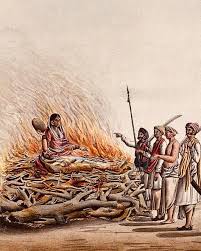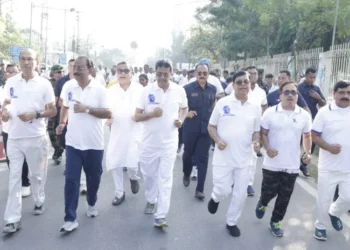The rising number of minor rape cases in India has become one of the gravest social challenges of our time. Each incident not only destroys a young life but also shakes the collective conscience of society. Despite stricter laws and growing awareness, cases of sexual assault against minors continue to surface across the country, revealing deep-rooted flaws in our social fabric, law enforcement, and moral values.
At its core, the crime of raping a minor is not just an act of violence—it is a brutal violation of innocence and humanity. A child who becomes a victim of such heinous abuse suffers lifelong trauma that often goes beyond physical injury. The psychological scars are immense: fear, shame, depression, anxiety, and loss of trust in society are common among survivors. For many, the path to recovery is long and painful, and in some cases, the trauma leads to self-isolation, suicidal thoughts, or permanent emotional damage.
Families of victims also endure untold suffering. In conservative societies, stigma often surrounds survivors of sexual violence, pushing families into social isolation. Instead of receiving empathy and support, many victims and their parents face blame, gossip, or humiliation. This culture of silence and victim-shaming further discourages others from reporting such crimes, allowing perpetrators to escape justice.
The legal system, though strengthened through laws like the Protection of Children from Sexual Offences (POCSO) Act, 2012, still struggles with effective implementation. Delayed investigations, lack of sensitivity among officials, and prolonged trials often deny timely justice to victims. In some rural or underprivileged areas, cases are even suppressed by community pressure or political influence. These systemic weaknesses not only fail the victims but also embolden offenders.
Education and awareness play a crucial role in prevention. Many children are unaware of what constitutes inappropriate behavior or how to report abuse. Schools and parents must take responsibility to educate children about body autonomy and personal safety. Equally important is the need to create safe spaces where children can speak freely without fear or judgment. Empowering young minds with knowledge and confidence is one of the strongest tools against such crimes.
Another pressing issue is the portrayal of women and children in media and entertainment, which often normalizes objectification and toxic masculinity. A society that tolerates gender-based discrimination or glorifies violence against women indirectly nurtures a mindset that leads to such crimes. Hence, there is an urgent need for cultural reform—where respect, consent, and equality are taught from an early age and practiced in everyday life.
The impact of minor rape cases extends beyond the individuals directly involved. They erode the moral fabric of society, spreading fear and insecurity among parents and children alike. When children cannot walk freely or feel safe in schools, parks, or even their homes, it signifies a deep societal failure. Moreover, such incidents damage the reputation of communities and the trust people place in social institutions meant to protect them.
To combat this menace, a collective effort is essential. Law enforcement must be more proactive, judiciary more efficient, and citizens more vigilant. Communities should work together to create awareness, protect vulnerable children, and ensure that victims receive psychological, medical, and legal support. Counseling and rehabilitation must become integral parts of justice delivery.
Ultimately, the fight against the rape of minors is not just about punishing offenders—it is about rebuilding a society based on empathy, equality, and respect. Every child deserves to grow up in a safe environment, free from fear and exploitation. Until that becomes a reality, our progress as a civilized society remains incomplete.
In the words of Mahatma Gandhi, “The true measure of any society can be found in how it treats its most vulnerable members.” Protecting our children, therefore, is not just a legal obligation—it is a moral duty that defines who we are as a people.

















